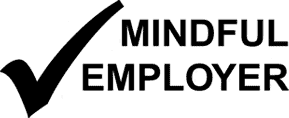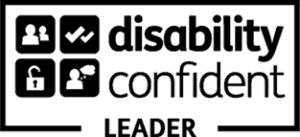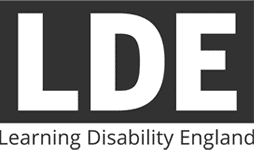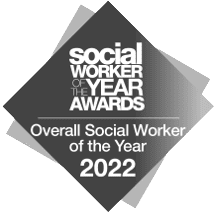Who we are
We challenge social injustice and health inequalities. We work alongside disabled people and people with experience of mental health difficulties to make an ordinary life possible.
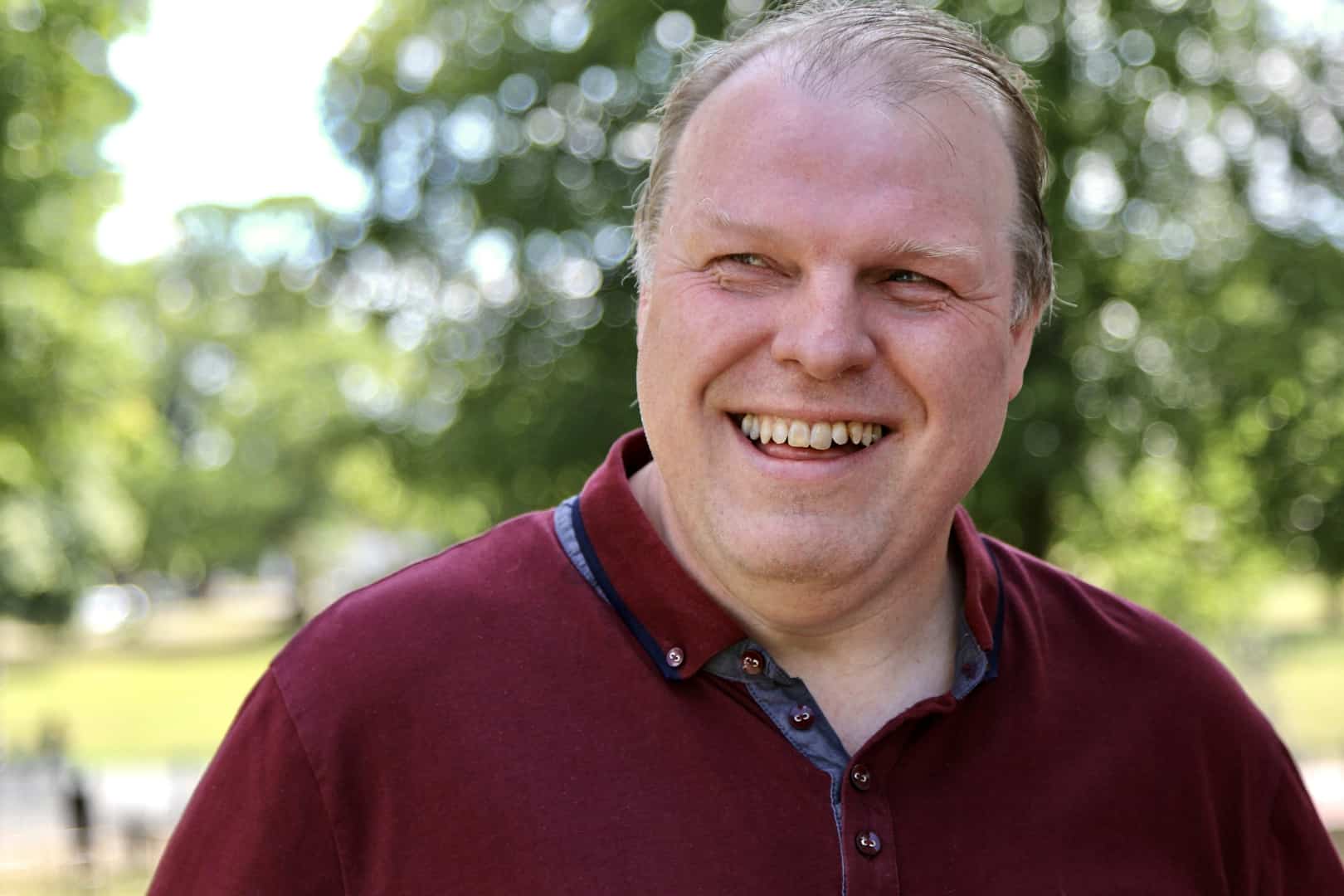
Changing Our Lives is a rights-based organisation.
Our approach rests firmly on the social model of disability. As such, we don’t believe people’s lives should be limited or defined by labels or diagnoses, and we are committed to reframing how society views mental health and disability.
Our vision is of a society in which disabled people and people with lived experience of mental health difficulties of all ages are afforded universal human rights, resulting in them being in control of their own lives as equal citizens.
Our values
The following values shape the culture of the organisation, underpinning the way we behave and the way we challenge social injustice as we work to develop solutions based on equality and an improved quality of life.
People First
All people should be seen as people first. We should not be seen simply in relation to a disability or a mental health difficulty. These labels should not be used to define us as a person, segregate us, remove us from society, or limit us in any way.
Independence
We are all inter-dependent; we all need support in our lives. No one is too disabled or too affected by mental health difficulties to lead an independent life. Being independent means having choice and control over your own life with as much or as little support as you need. It does not mean being on your own and doing everything for yourself.
Equal Rights
All people are citizens in their own right and have the same human, legal and civil rights as each other.
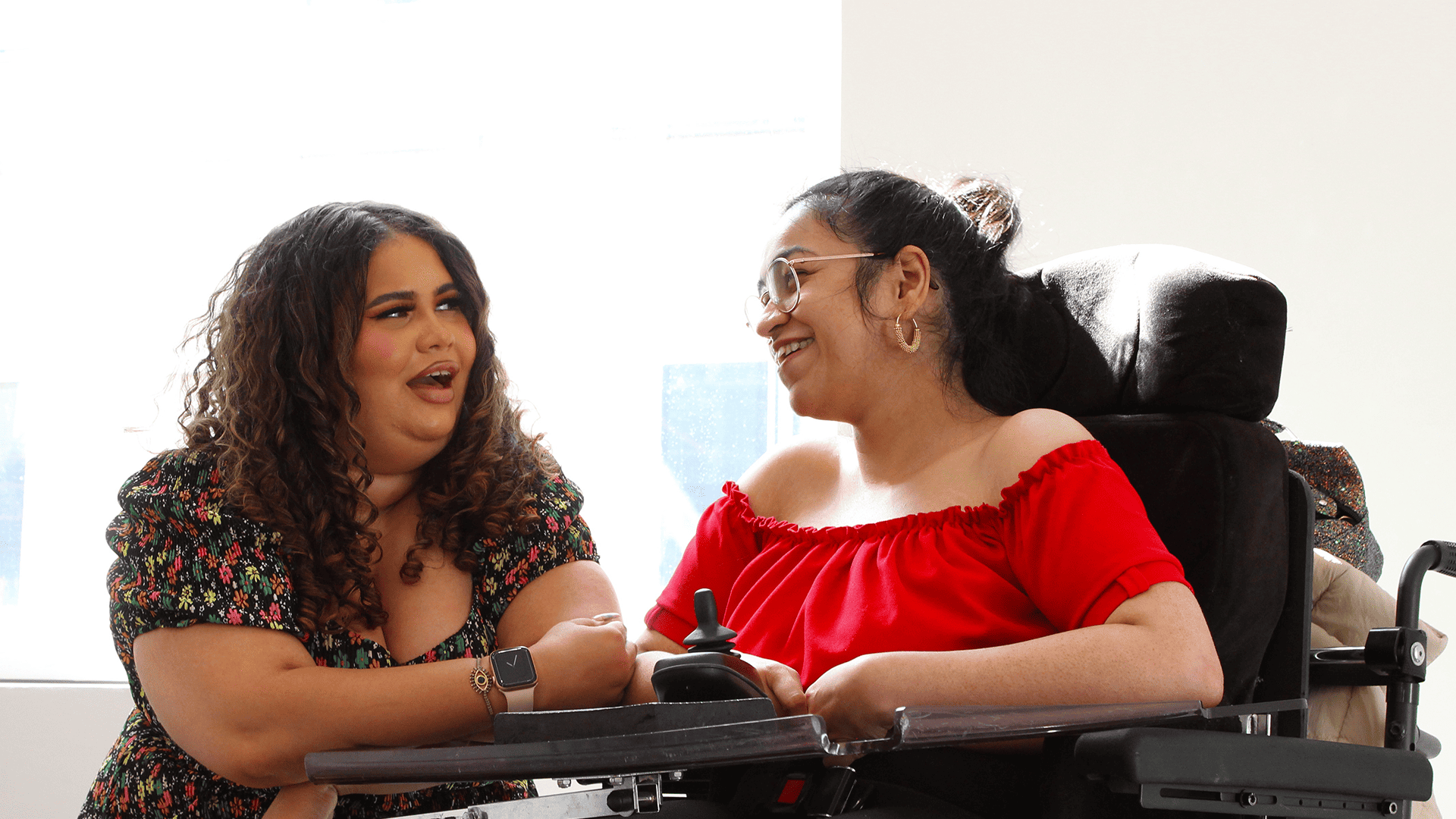
Our brand
At Changing Our Lives, we pride ourselves on our unique brand. These elements are what makes up this brand:

Coproduction
The philosophy and principles of coproduction underpin our entire approach. Coproduction is about people working together as equal and reciprocal partners, having the skills and knowledge to create opportunities and solve problems. We work in coproduction as we know from experience that this is the best way to achieve meaningful, long lasting solutions.
Outcome driven
We focus on achieving outcomes that reduce inequality and social injustice. We work in coproduction with people to create approaches and find solutions that will achieve those outcomes.
Community development
We work in the heart of communities as we know the people in those communities are often best placed to find solutions and take action to bring about change.
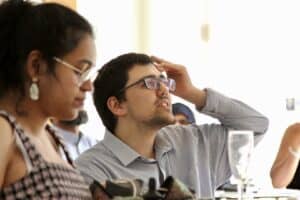
Work local, think national
We pride ourselves on improving people’s lives at a local level, and we take this learning and best practice to a national level.
Developing relationships
Developing the right relationships is key to our success, both with strategic individuals and the individuals we work with. We invest considerable time and resource into proactively building strategic partnerships and nurturing alliances with people and organisations that have a track record of bringing about change. Working alongside individual disabled people and people with lived experience of mental health difficulties, we utilise these relationships to bring about positive improvements to people’s lives.
Innovation and creativity
We use progressive and creative approaches, including media and the arts, to communicate and engage with people and bring about positive change.

Ethical
If we accept funding or seek income for a piece of work, this is because we believe the work will result in outcomes and is compatible with our values and brand. We are bold and this means sometimes we don’t pursue certain areas of work or funding sources. We don’t seek to grow the organisation for its own sake; neither do we hunt for funding to sustain areas of work that have little impact.
Informed practice
Our work is informed by our values and experience, as well as relevant research and evidence. Whether we are carrying out a Quality of Life review, lobbying for change or writing an ordinary life story, we pride ourselves on our progressive outlook, the accuracy of our information, and our attention to detail. This provides us with a solid footing to change policy and practice. We are committed to positioning ourselves at the forefront of new debates, emerging perspectives and paradigm shifts in thinking and challenging ourselves as individuals and a team to continually develop and improve our practice.
Bravery
As a team and an organisation, we are brave in the work we do and not afraid to be maverick. We know that changing cultures, attitudes and behaviour takes courage, time and persistence but must be met with grit, determination and a will to succeed.
How we work
We work with disabled people and people with lived experience of mental health difficulties of all ages. Whilst all of the individuals we work with experience multiple disadvantages and discrimination, some of our projects specifically target the following groups of people:
People with the label of profound and multiple learning disabilities.
People from minority ethnic communities.
People who find themselves stripped of the most basic human rights
(for example, hospital inpatients).
Whether we are working with disabled people, people with lived experience of mental health difficulties or professionals, we never have one standard approach or set of tools. We look at the issue at hand and work out which tools and approaches best suit the situation.
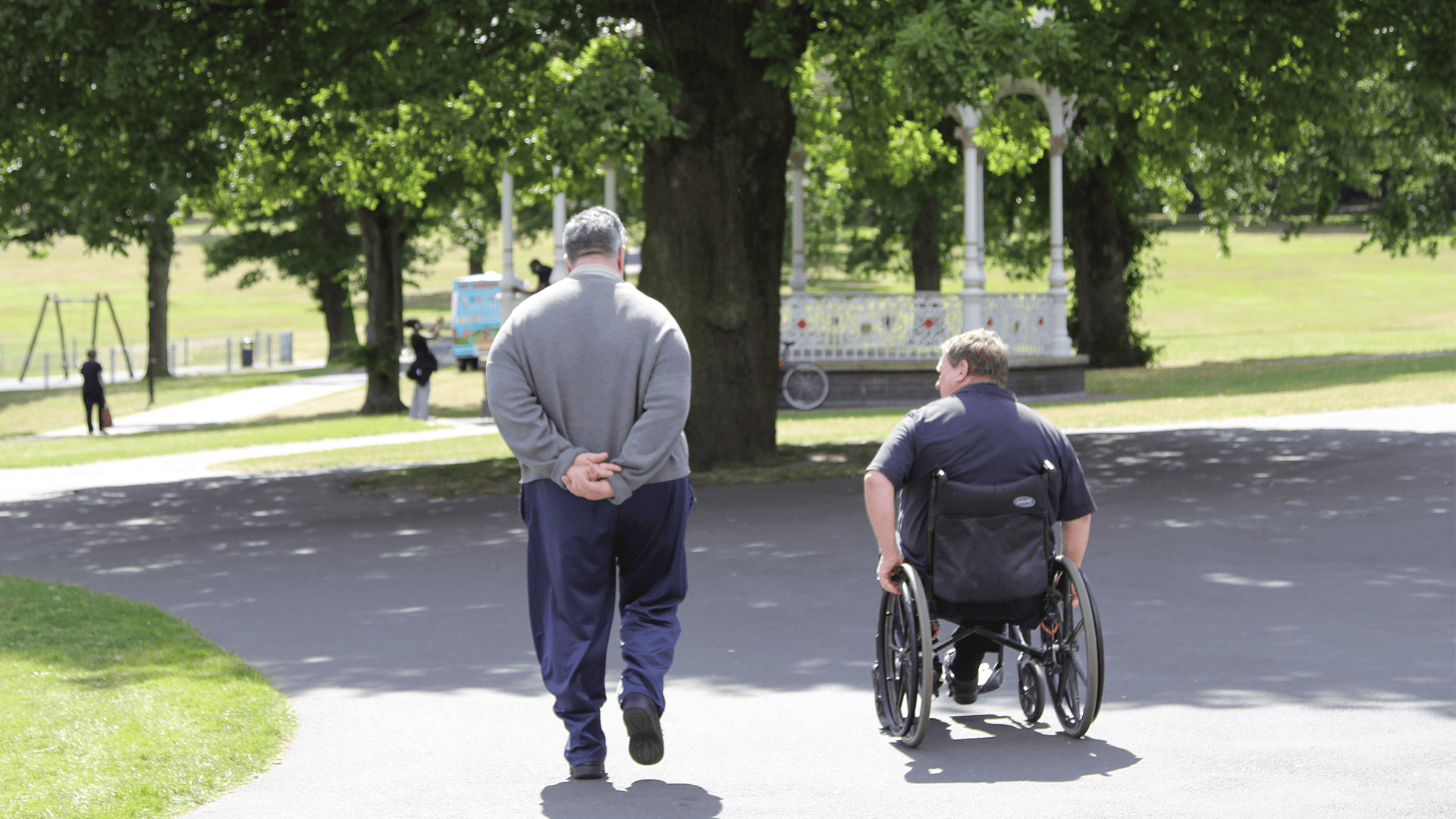
Annual Report
You can read our 2023-2024 annual report by clicking here.


